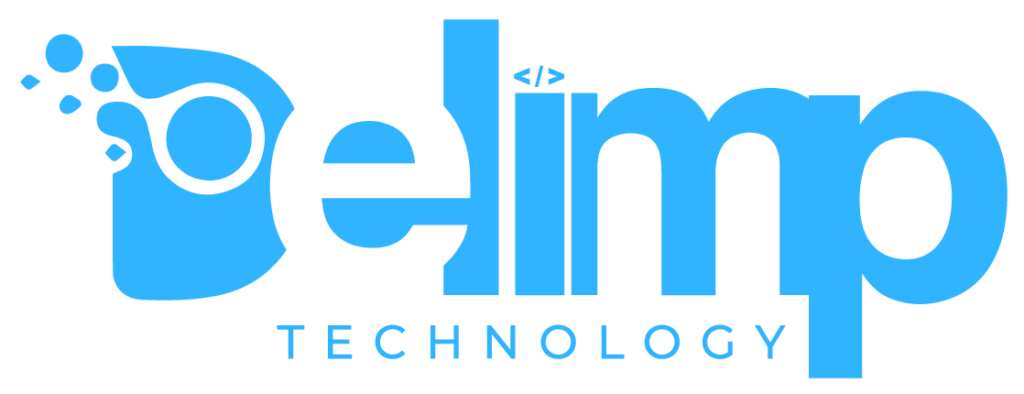The phrase “Content is king” has become a fundamental mantra in the digital realm. Coined by Bill Gates in 1996, this phrase emphasizes the pivotal role of content in attracting and captivating the online audience. The digital content creation process started in the 90s. Websites, blogs, email newsletters— all started that year. The content in the past included mainly writing for search engines.
Now, there has been an enormous transformation in the way we see content. With the introduction of social media platforms, users and brands worldwide perceive and create content in various formats. Currently, writing is based on a persona, is intent-driven, and stands out with the brand’s voice & tone.
However, it is essential to realize that only creating content is not enough for a business. You must have a viable content marketing strategy to drive conversions and revenue. A liable content marketing plan gives direction and aligns with business goals. In this blog, you will learn how to form an effective content marketing strategy for online success.
But first, let’s understand the possible reasons for content being the king.
Content is King: But Why?
Content is king even in the era of modern SEO. The main reasons behind this are:
- Capable of building an audience
- Helps understand the audience
- Elevates user engagement
- Quick and cost-effective
- Sustaining trust and meaningful connections with the brands
In the vast digital landscape where information overload is common, compelling and relevant content stands as a linchpin of online success. Top-quality content not only retains audiences but also maintains trust and loyalty. It has emerged as an effective medium through which brands convey their message, demonstrate expertise, and stand out in a crowded digital arena.
Skyrocket your business with our expert digital marketers. Elevate your brand presence and increase your reach to succeed in the digital landscape.
How to Build an Impactful Content Marketing Strategy?
Where content is called the king, following a profuse content marketing strategy has its own importance. Without an efficient strategy, you may struggle to create consistent content, a lack of targeted content may fail to meet customer expectations and you may miss opportunities in lead generation. So, let’s understand how to form a productive content marketing strategy.
Define Your Mission, Vision, and Goals
The first step towards forming a content strategy is to efficiently define your mission and vision. Next, align your content marketing goals. Think about the business objectives, and how content will contribute to it, and identify the metrics that matter. Use SMART and CLEAR goal-setting frameworks to establish an ideal goal for your business.
Determine Your Audience
Knowing your audience is the most important pillar of forming a content marketing strategy. Buyer personas form the base of your marketing efforts. Use different tools and conduct audience research. Collect the data and carefully analyze the results. After knowing your audience you can target your group and expand your market.
Content Auditing
Before starting to create content for your business it is essential to go through your existing content. So, run a content audit to asses your top and low-performing content. Determine which content drives the most traffic and generates the most engagements. Review them and find the gaps.
Create Editorial Plan and Content Calendar
The next step of a content marketing strategy is to form an actionable content calendar. An editorial calendar or a content calendar is a schedule of when and where to publish your content. After you have chosen your ideal channels, now is the time to form a calendar. It makes it easier to collaborate with your team and obtain an overview of your upcoming posts.
Develop Your Content
After having a content plan, now start to actually create your content. Start with content research and accumulate the findings. Perform keyword research to make your content search engine optimized. Try to make original content as authentic content builds credibility with your audience. Add diverse elements to your content like graphics, videos, images, slides, etc.
Distribute And Publish
The final step is to distribute the content so that it can reach the correct audience. Here, effectively distributing your content in the paid, organic, and earned channels is the key. The owned media channels generally include content like blogs, landing pages, and social media profiles. The paid media channels have content like social media ads, PPC, and sponsored content.
Elevate your online presence with our expert digital marketers. We have tailored strategies to boost your brand, drive engagement, and maximize ROI.
Conclusion
In this way, you can develop an action-oriented content marketing strategy for your business. After forming the strategy and publishing the content, never forget to analyze the key performing metrics. It is obvious that not every content yields profitable results, but it is crucial to understand what works. It would be best if you also revised your strategy frequently to stay updated and according to what is trending.
Frequently Asked Questions (FAQs)
Q1: What does the phrase “Content is King” mean in the context of marketing?
A1: “Content is King” emphasizes the pivotal role of high-quality and relevant content in attracting and engaging audiences. It signifies that well-crafted content is crucial for successful digital marketing strategies.
Q2: Why is creating an effective content marketing strategy important for businesses?
A2: A well-defined content marketing strategy ensures consistency, relevance, and value in the content produced. It helps businesses reach their target audience, build brand authority, enhance SEO, and establish lasting relationships with customers.
Q3: How can businesses identify their target audience for content marketing?
A3: Understanding customer demographics, preferences, and behaviors, and conducting market research can help identify the target audience. Analyzing website and social media analytics also provides valuable insights.
Q4: What types of content are effective in content marketing strategies?
A4: Effective content includes blog posts, videos, infographics, podcasts, social media posts, and eBooks. The choice depends on the target audience’s preferences and the message businesses want to convey.
Q5: How does SEO (Search Engine Optimization) relate to content marketing?
A5: SEO and content marketing are interlinked. Quality content improves SEO by providing valuable information that search engines reward with higher rankings. Relevant keywords and user-focused content enhance visibility and attract organic traffic.






